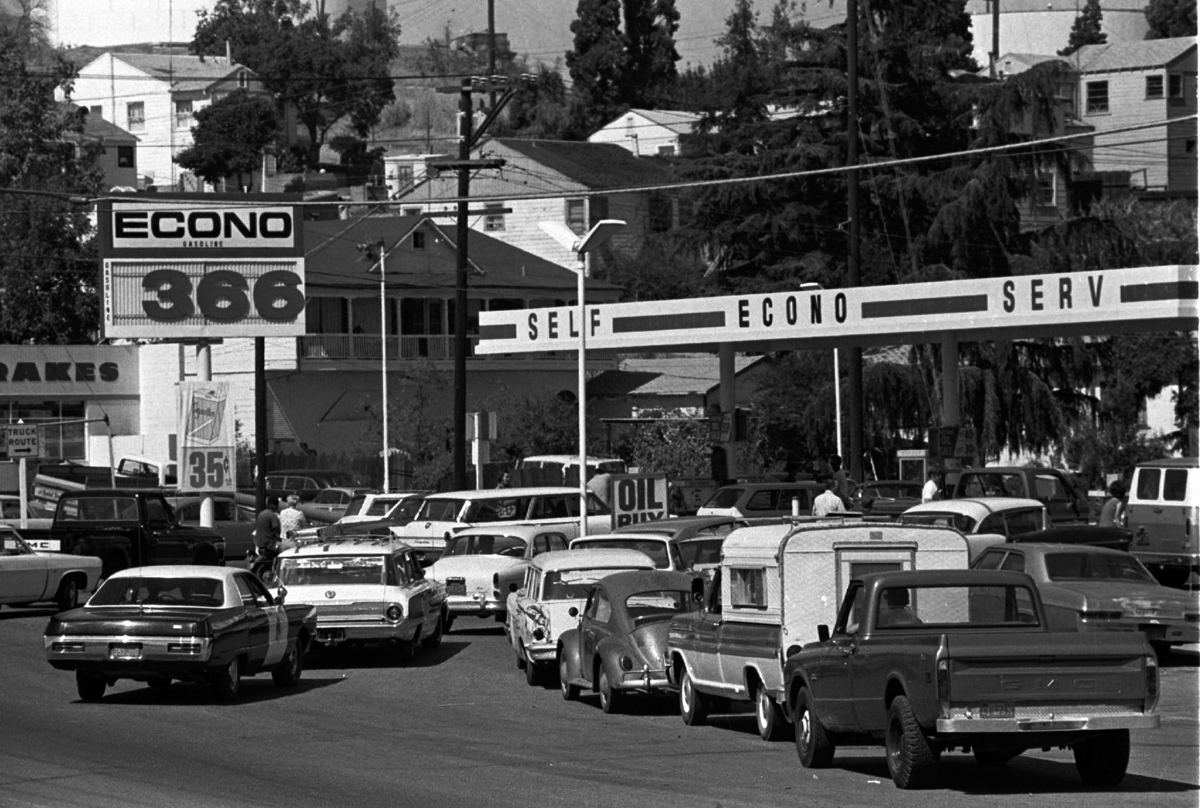How Important Is Oligopoly?
We have seen that, across industries, oligopoly is far more common than either perfect competition or monopoly. When we try to analyze oligopoly, the economist’s usual way of thinking—
AP® Exam Tip
You should understand how oligopolists respond to their competitors. However, oligopoly graphs have not appeared on the AP® exam for many years.
The conclusion of the great majority of economists is yes. For one thing, important parts of the economy are fairly well described by perfect competition. And even though many industries are oligopolistic, in many cases the limits to collusion keep prices relatively close to marginal costs—

It is also true that predictions from supply and demand analysis are often valid for oligopolies. For example, we saw that price controls will produce shortages. Strictly speaking, this conclusion is certain only for perfectly competitive industries. But in the 1970s, when the U.S. government imposed price controls on the definitely oligopolistic oil industry, the result was indeed to produce shortages and lines at the gas pumps.
So how important is it to take account of oligopoly? Most economists adopt a pragmatic approach. As we have seen here, the analysis of oligopoly is far more difficult and messy than that of perfect competition; so in situations where they do not expect the complications associated with oligopoly to be crucial, economists prefer to adopt the working assumption of perfectly competitive markets. They always keep in mind the possibility that oligopoly might be important; they recognize that there are important issues, from antitrust policies to price wars, that make trying to understand oligopolistic behavior crucial.